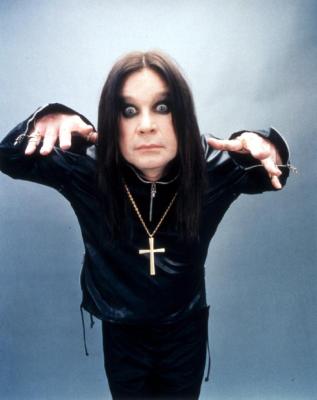This article looks at the law of defamation, it's defences and possible remedies.
A defamatory statement is one which tends to lower the claimant in the estimation of right-thinking members of society generally (Sim v Stretch [1936] 2 ALL ER 1237 and can be split into two areas: libel (this is recorded defamatory material) and slander (spoken).
There are three elements which must be shown in order to bring a defamation claim:
- A defamatory statement;
- That identifies the claimant (note: this does not have to be by name, in fact a member of a group of people could bring a claim should they be identifiable);
- Publication to a third party
If you have been defamed you must bring your claim within one year of the statement being made(section s4(a) Limitation Act 1980). The Court does have a degree of discretion in applying the limitation period however they are usually reluctant to divert from it. Recent case law (Times Newspapers v UK (2009) has provided that every time an online article is accessed a fresh publication is made, therefore where a defamatory statement is made online the limitation period is potentially endless.
A reputable publisher / newspaper will contact you with any "risky" stories they plan to run about you prior to publication (although in most cases this will be a couple of days maximum) in doing so they are attempting to bring themselves within the scope of the Reynolds defence i.e. "responsible journalism". Where a publisher / newspaper have done so or you have found out about the article some other way prior to publication then you can consider applying to the Court for an interlocutory injunction (i.e. preventing the story being published). Such applications are more often than not turned down, the basic rule is that if the defendant plans to raise a defence at the full hearing then the Judge will allow the story to run provided that the defence has a "realistic prospect of success".
There are a number of defences:
- Justification i.e. the story was true
- Fair Comment (provided "the unmistakeable badge of comment" exists)
- Absolute / Qualified Privilege for example statements made in the course of parliamentary debate etc
- Qualified Privilege at common law i.e. the 'Reynolds' "responsible journalism" defence
- Responsibility for publication, quite simply "it wasn't me guv")
- Offer to make amends under sections 2-4 of the Defamation Act 1996
Where a claim is successful likely remedies include injunctions from further publication of the material, damages (although not as much as you would think!) or the publication of an apology.






